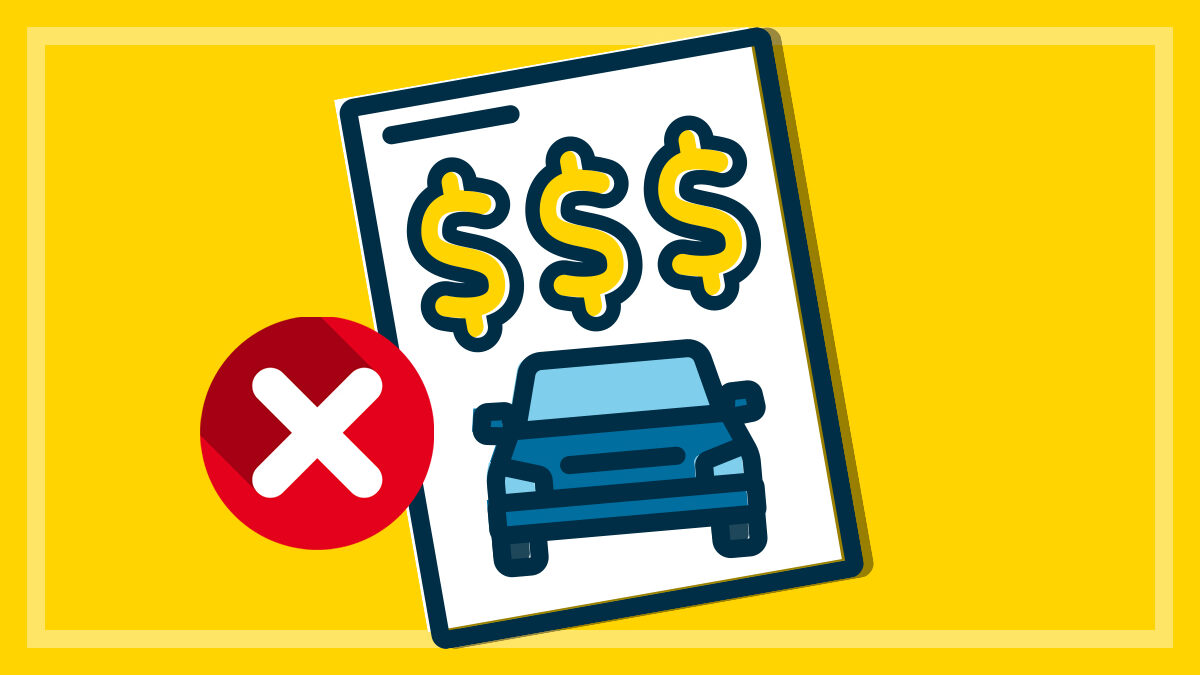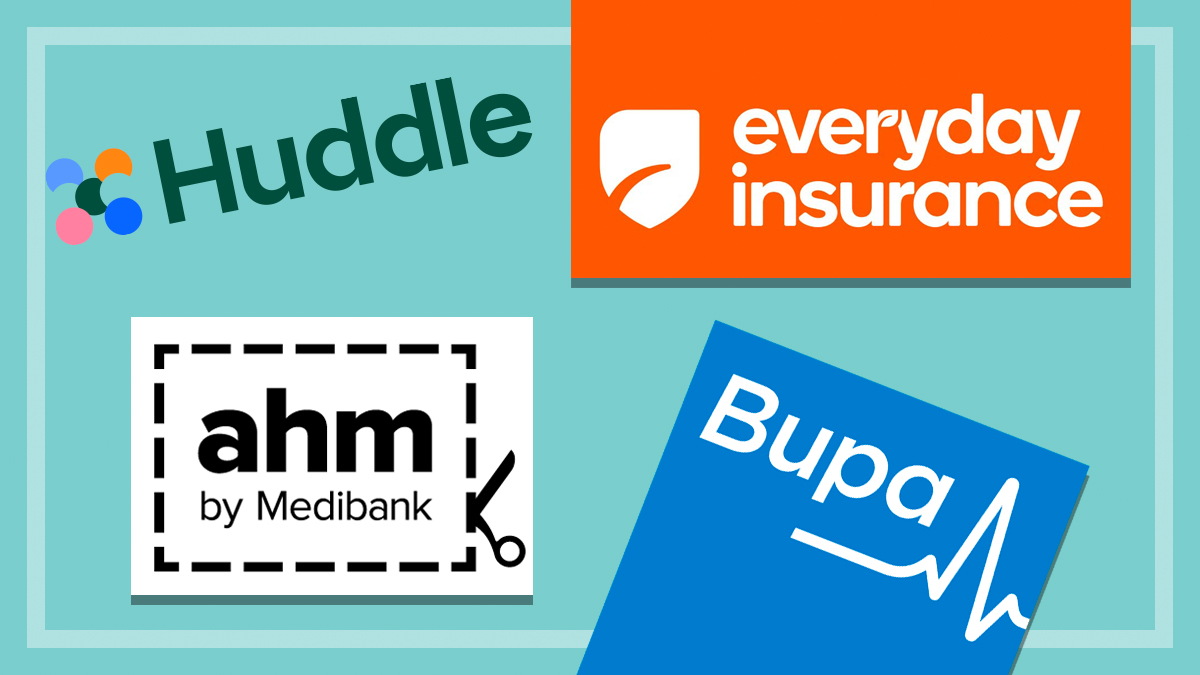Get our independent lab tests, expert reviews and honest advice.
Best restricted membership health insurance funds

Restricted membership health funds offer private health insurance for people who work in particular industries. They often let immediate and extended family members join too, and you don’t necessarily need to be currently working in the industry.
On this page:
They usually offer good policies at a lower premium than open membership funds (regular health funds), especially if you’re after Gold cover with no or low excess.
Who can join a restricted health fund?
Restricted funds cater to customers in specific industry groups, such as teachers, police, the military, or medicine. The Commonwealth Bank Group also has a fund for its staff. Depending on the fund, you can become a member even if you’re no longer in the relevant profession.
Some of these funds are also generous with family memberships. For most funds, if you qualify for membership, then so do your parents, partner, children (even if they’re grown), children’s partners, grandchildren, siblings, and siblings’ partners and children.
Once you sign up, you’re allowed to stay a member if your circumstances change. This means that the fund won’t boot you even if your sibling quits being a teacher, or your relationship with your doctor partner ends.
If you or a family member have ever been employed in one of the following industries you may be eligible for a restricted membership health fund:
- Defence
- Education
- Health
- Police and emergency
- Banking
- Member of any union.
If you can access a restricted fund, it’s at least worth considering. Especially if you’re interested in a Gold policy as the restricted fund policies we recommend offer the same level of cover as open funds, often at a lower premium.
What are the restricted health funds in Australia?
There are 11 restricted health insurers in Australia, listed below. You can also select the insurer name to read more about each insurer, member eligibility, and how we rate them for complaints and gap cover.
- ACA Health Benefits Fund: Current or former Seventh-day Adventist Church employees (including SDA-affiliated companies)
- CBHS Health Fund: Current or former employees, contractors and franchisees of Commonwealth Bank Group
- Defence Health: Current or former members of the ADF, reservists, civilian employees of Department of Defence (or related departments), employees of Defence contractors
- Doctors’ Health Fund: Current or former doctors and health practitioners, their employees, and medical students
- Emergency Services Health: Current or former employees or volunteers in fire, ambulance, medical, water, state emergency response and recovery services, and their related unions or associations.
- Navy Health: Current or former Australian Defence Force service personnel, civilian employees and contractors
- Nurses & Midwives Health: Current or former people in nursing and midwifery professions, including students and assistants, with membership in a nurses union.
- Police Health: Current or former federal, state and territory police or police union employees, and police employees who retired after 2000
- Reserve Bank Health Society: Current or former employees of the Reserve Bank of Australia or Note Printing Australia.
- Teachers Health Fund and UniHealth: Current or former teachers and academics (primary to tertiary), teacher aides or non-teaching support staff, with membership in their relevant union
- TUH Health Fund and Union Health: Current or former members of any union





